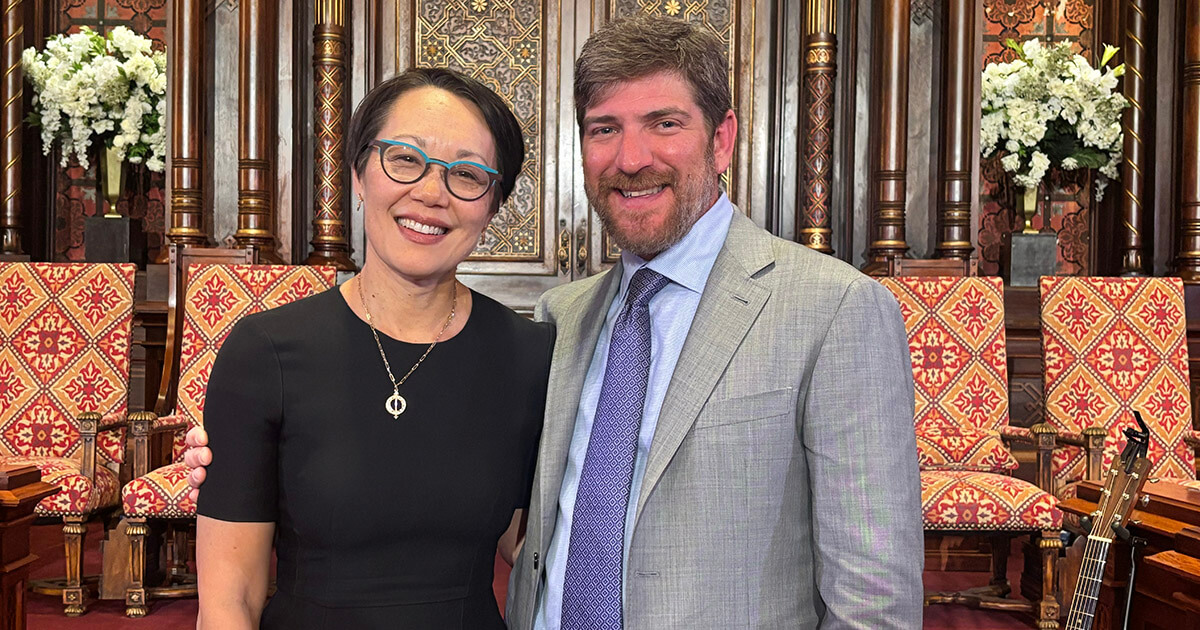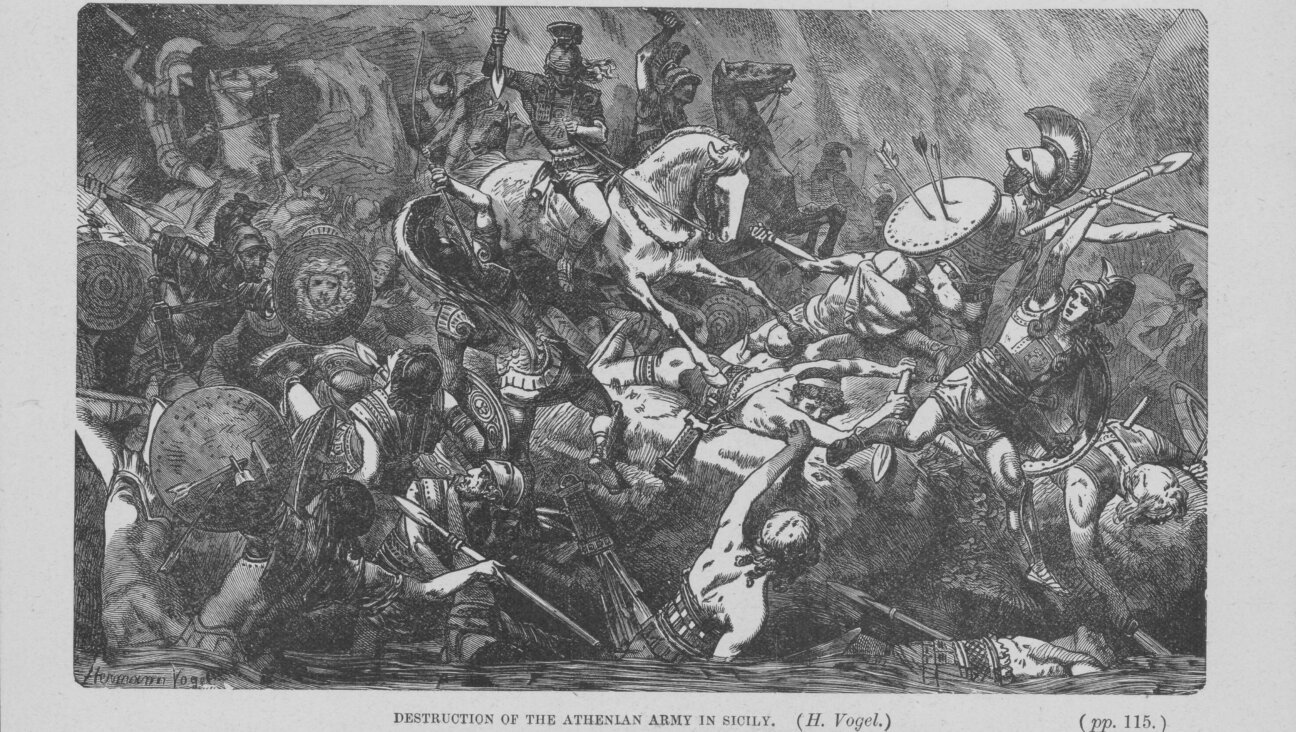Saul Bellow: Remembering a Literary Pioneer
I became friends with Saul Bellow in 1960 when I was teaching at Bard College in upstate New York. He lived nearby in a house in Tivoli that became part of the setting of “Herzog,” which he was writing during my time at the college. He would visit my then-wife and me on occasion and read to us from the novel with the pleasure and amusement of discovery, as if surprised by what he had put on paper. Then in his 40s, he was a handsome man with a head that tilted slightly in a quizzical manner, a broad smile and an infectious laugh. His conversation had the wit and felicity of his written prose, but he was not voluble. He listened — not a common gift among intellectuals, writers and academics.
I was younger by 16 years, and it took me a while to be at ease with him, partly because of his reputation and partly because I felt that in his attentiveness to what I had to say there was the expectation that I speak well and interestingly. He told and loved to hear jokes, particularly Yiddish jokes. There wasn’t a Yiddish idiom that he didn’t know, and though I prided myself in my knowledge of Yiddish, he always trumped me with expressions that I had never heard before.
When I was with him in the early years at Bard and at the University of Chicago, where we were colleagues, and later when he and I found ourselves together in Boston, I always felt that I was in the presence of a remarkable person. And he had the most remarkable achievement to his credit: With the publication of his third novel, “The Adventures of Augie March” in 1953, American Jewish writing took center stage in American literature. His first two novels, “Dangling Man” and “The Victim,” had been critical successes. But “Augie March” was at once a critical success and a best seller, winning the National Book Award.
“I am an American, Chicago born — Chicago, that somber city — and go at things as I have taught myself, free style and will make the record in my own way: first to knock, first admitted, sometimes with an innocent knock, sometimes a not so innocent.”
The focus on his Americanness and on his birth in Chicago dispelled any expectation that this may be another novel of a Jewish hero enclosed in a claustral shtetl psychology. The echo of Mark Twain’s great novel, “The Adventures of Huckleberry Finn,” in the title suggests that Bellow sees himself in the great tradition of American writing. In tracking William Einhorn — rich, wealthy, crippled, but politically powerful — Augie enters him in an “eminent list” of world-historical figures. He imagines one of Einhorn’s disciples having to make an important decision and asking himself: “What would Caesar suffer in this case? What would Machiavelli advise or Ulysses do? What would Einhorn think?” Against the philistine democratic view that “the [human] race no longer has in any important degree the traits we honor in those fabulous names,” Augie insists on his “right to praise Einhorn,” an “epic character” of his time. At the end of the section devoted to this “superior man,” Augie finds himself “not in the center of the labyrinth but on a wide boulevard.” There are, of course, no boulevards in the shtetl or the ghetto. And this was Bellow’s achievement: He took the Jew off the side streets and put him on the boulevard of the imagination.
The titles of his first two novels are a measure of the imaginative leap he made in writing “Augie March.” No longer dangling or a victim — figures of alienation that we find in modern writers such as Kafka and Beckett — Augie in his swagger displays a confidence in his place in American life, indeed in the world, that verges on bravado. How did he manage the leap?
There is indeed the matter of genius and temperament that goes beyond explanation. But genius and temperament are not the whole story. There is also the matter of the historical moment, the post-World War II period. It is one of the extraordinary facts of our democracy that the military may be in the social sense its most democratic institution. It is the place where men and women of different religious, racial and ethnic backgrounds mix in a condition of equality, sometimes under fire, despite the hierarchical structure of the military. Moreover, World War II was a war against the most pernicious racism and antisemitism in history. During the postwar period, America became increasingly hospitable, though not without resistance, to the claims of minorities to full cultural, social and political enfranchisement. Bellow was a pioneer in literature, followed by Bernard Malamud, Philip Roth and others.
In the novels that followed “Augie March,” Bellow alternates between depictions of victimization and self-affirmation (“Seize the Day” and “Herzog” on the one side, “Henderson the Rain King,” on the other). He never escaped the legacy of Jewish suffering. For all the American adventurousness of his novels, “Augie March” and “Henderson the Rain King” in particular, the introspective, self-divided, self-ironical victim’s voice (rich with the intellectual culture of the Western literary and philosophical tradition) recurs in such novels as “Herzog” and “Seize the Day.” The burden of the past persists, for instance, in his superb short story, “Something to Remember Me By.” And in his last novel, “Ravelstein,” the narrator Chick (short for boychick) clearly speaks for Bellow himself: “I had a Jewish life to lead in the American language, and that’s not a language that’s helpful with dark thoughts.” Clearly, aging has something to do with this sentiment, but Bellow’s attachment to Yiddishkeit remained a pervasive feature of his life and work.
Bellow is one of the great novelists of the urban landscape. What London is to Dickens and Paris is to Balzac, Chicago is to Bellow. He is masterful in depicting the density, pressure and noise of city life with a verbal élan that has no equal in modern literature. He is also a novelist of domestic conflict (the bad and busted marriage). But one fails to do justice to his achievement in not acknowledging the spiritual aspirations of his characters, who are surrogates for his own aspiration. The “reality instructors” in his novels are always suspect for their philistinism, and they never achieve tenure.
In one of our conversations in recent years, Bellow speculated about an afterlife. He was not willing to concede the condition of our mortality to the atheists. “How did they know what the future held?” he asked. I like to think that if there is a future, Bellow has found himself among the angels.
Eugene Goodheart, an emeritus professor of English at Brandeis University, is the author of “Confessions of a Secular Jew.”
















